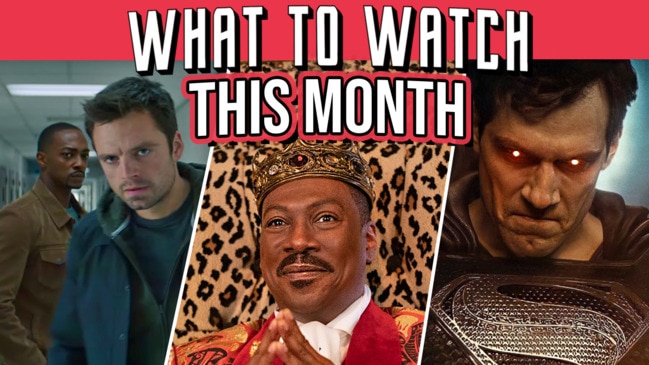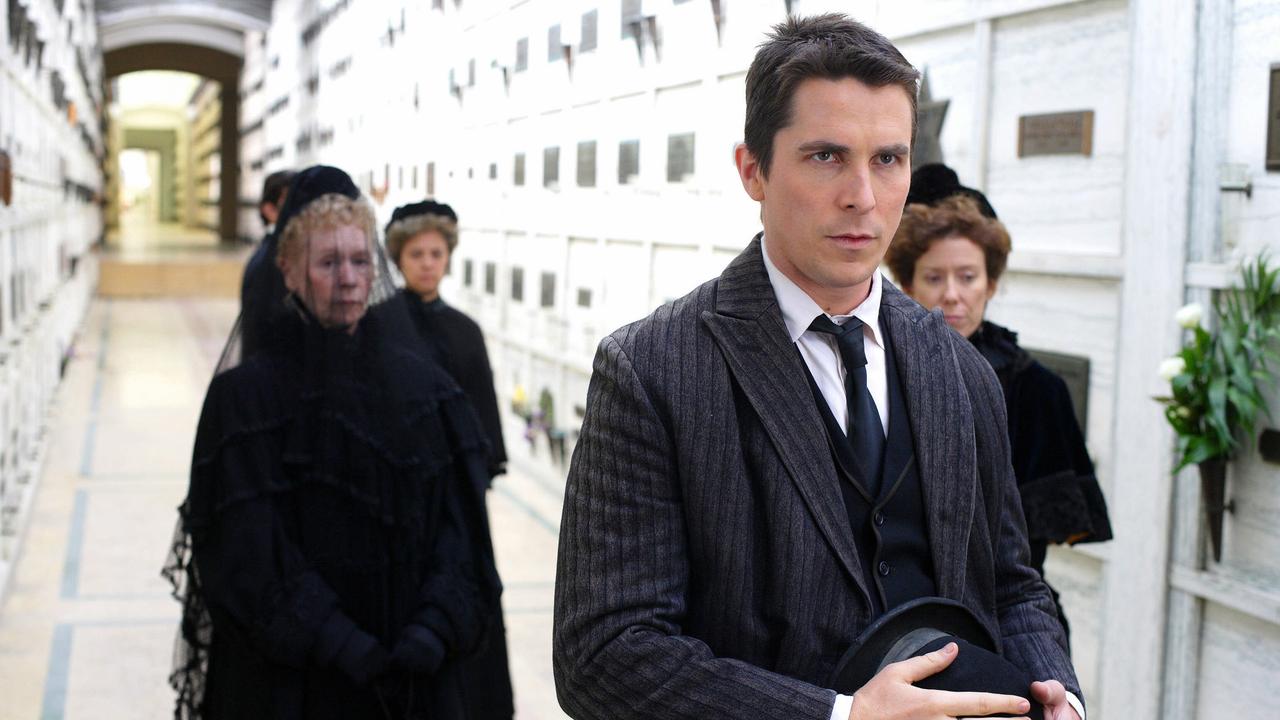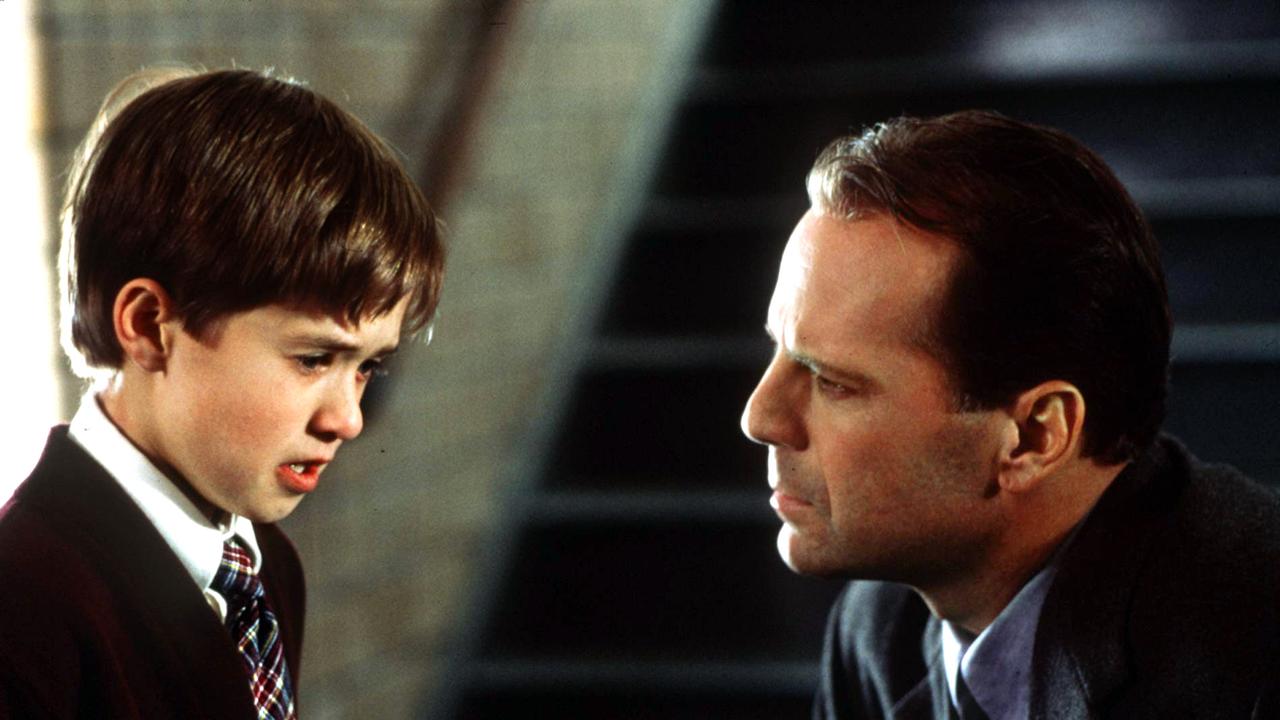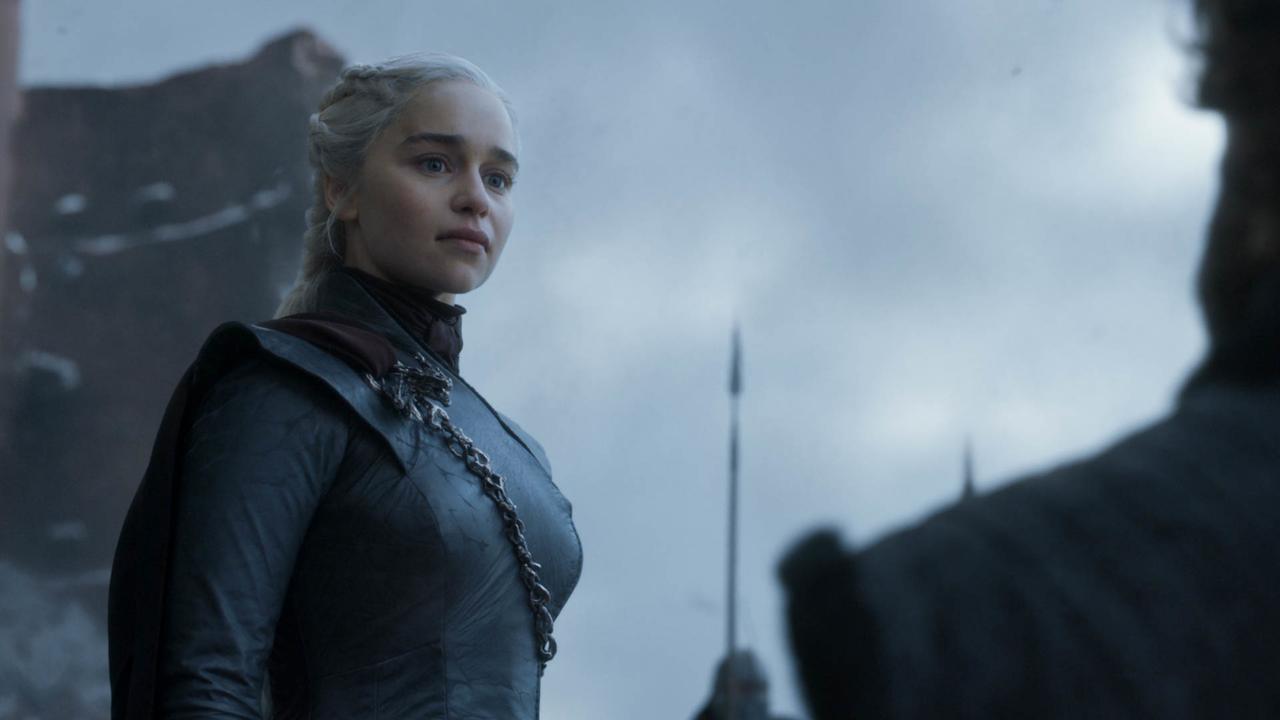When is it OK to spoil movies and TV shows?
How long do you have to wait? We’ve all had a TV show or movie’s twist spoiled by someone else. But was it their fault or yours?

UM, I GUESS, SPOILER WARNING? FOR A LOT OF YEARS-OLD TWISTS
How long do you have to wait before a spoiler is no longer a spoiler?
How long do you have to wait before you need to look around the café to check how many people are within earshot before you say to your friend, “Actually they were the others!”
In my line of work, spoiler warnings are a regular thing, especially if I’m writing about, for example, the ending to WandaVision three hours after the finale dropped on the streaming platform. Then, a spoiler warning is polite.
We’re not all that guy who drove through the carpark of a bookstore in America an hour after the release of Harry Potter And The Half-Blood Prince and yelled out to all those fans lining up for their copy, “Snape kills Dumbledore!”
RELATED: 21 movies from female filmmakers
Unless of course, you’re the person who thinks the ending to a book that was released in 2006 is still sacrosanct, in which case, then I am that guy.
With streaming the dominant form of entertainment for some years now, increasingly how and when we watch something has dramatically changed. We’re not all watching the same thing at the same time as everyone else, especially episodic TV.
So unless it’s the winner of some reality TV competition (and even then, in Australia you have to be aware of WA’s time zones, at least on the night), it’s tricky to work out when the courtesy of a spoiler warning ends. What if I wanted to reference the fate of Daenerys Targaryen at the end of Game of Thrones? It’s been almost two years, surely that’s now fair game.
In late 2018, I wrote a feature about identical twins who had made their own web series and there was a throwaway line about the twist in The Prestige, Christopher Nolan’s movie about illusionists starring Hugh Jackman and Christian Bale.
The Prestige is a movie that came out in 2006 so peppering the sentence with a spoiler warning never occurred to me. But it did to someone else who said I should have prepared them.

This was puzzling but curious to me. Not so much that they didn’t know Christian Bale was secretly playing twins but that they felt miffed that someone had “spoiled” it 12 years after the reveal.
Even more puzzling was another person who insisted that EVERY SINGLE plot twist, spoiler or ending from the entire history of pop culture was off-limits, no exceptions.
So, no talking about a sled named Rosebud or that Bruce Willis was a ghost. Or that the teenage orphan was an adult woman or that Darth Vader was Luke Skywalker’s father. Never mind that Soylent Green was people or that it was Earth all along. Oh, and Verbal Klint was Keyser Soze, and Tyler Durden didn’t exactly exist.
Here’s where a dogmatic no-spoilers-ever approach really falls over, because pop culture builds on what came before. Referencing plot twists or making it part of the joke is why pop culture is a rich tapestry with a shared universe of experiences.
RELATED: Carey Mulligan on Promising Young Woman’s confronting question

The more outrageous the twist, the more likely people are talking about it, creating its own discourse.
Nothing exists in a vacuum. There are people who have never seen The Sixth Sense but know exactly what that ending is, and can laugh and appreciate a reference to it in an entirely different context.
Imagine if The Simpsons had to flash up a spoiler warning every time it referenced The Shining.
Which brings me back to the original question. How long does the courtesy period last?
How long before it shifts from, “You’re the d**khead who ruined it for someone else,” to “Well, if you haven’t seen it by now, that’s on you”?
When Avengers: Endgame came out, its directors Joe and Anthony Russo implored everyone to keep it spoiler-free for at least two weeks so anyone who really cared can go and see it.
(Of course, it also turned out that the first trailers for Spider-Man: Far From Home came out two weeks after Endgame’s release and it referenced a very big spoiler – though there were preceding warnings.)
Am I wrong if I tell you now, 22 months after release, that Tony Stark dies? Or that Daenerys Targaryen dies? What about the fade-to-black at the end of The Sopranos’ 2007 finale?
What if I wanted to reference Daenerys Targaryen’s heel turn and death in an article about how tiresome the “mad woman” trope is? Does that need to be spoiler warning-ed to death first?

My personal rule around spoilers is six months after a movie’s release, which gives audiences ample opportunity to either see it at the cinema or on its digital release. One year for TV shows, now that we’re watching them at such different times.
Yes, some of us are only just now watching Breaking Bad and maybe would want to watch it without knowing Walter White’s fate beforehand, but it’s been seven years. If you really cared to the point of being annoyed about finding out, why didn’t you watch it earlier?
Pop culture moves at a fast pace and we’re moving on without you. So, ask yourself, who are you really angry at?
What do you think is the appropriate period of staying quiet about spoilers? Let us know in the comments below.
Share your movies and TV obsessions | @wenleima




